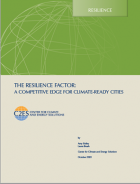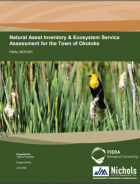Video of Dr. Lee Foote, profesor and director of the Devonian Botanic Gardens, presented a seminar for the University of Alberta's department of Renewable Resources.
Abstract:
A common thread runs through primitive harvesting sites to the Shang Dynasty 3600 years ago to Greek naturalist Theophrastus to Gregor Mendel's early genetics experiments to suburban Edmonton Community Gardens. So consistent is the connection between humans and intentionally grown plants that it raises the hypothesis of an instinctive "need". Compelling circumstantial evidence exists supporting benefits to both mental and physical well being of both gardeners and their patrons. I review one lineage of history through gardens and defend three key assertions with evidence that gardens occupy a key position in our understanding of the natural world. Gardens achieve this by providing a template for detailed scientific study and advancement of human-plant relationships. Gardens support insights and experimentation on phenotypic and genotypic change, record-keeping, and trend analyses over meaningful time.
Gardening is also inherently political. Gardens have served as crucibles of social, political, cultural and religious discourse. Examples include historic Japanese, Chinese, English and Islamic gardens of the ruling classes from over 1000 years ago; Physic
gardens of the Middle ages that advanced both science and medicine; Post-WW II Victory Gardens as a political response to both need and patriotism; the Green Revolution in Southern Nations as a controversial political aid program; sophisticated west coast marijuana cultivation systems as part of an extra-legal underground economy; and the current worldwide community garden movement in response to an ethos of sustainable behavior. Gardens have been and continue to be critical to the advancement of humanity.





